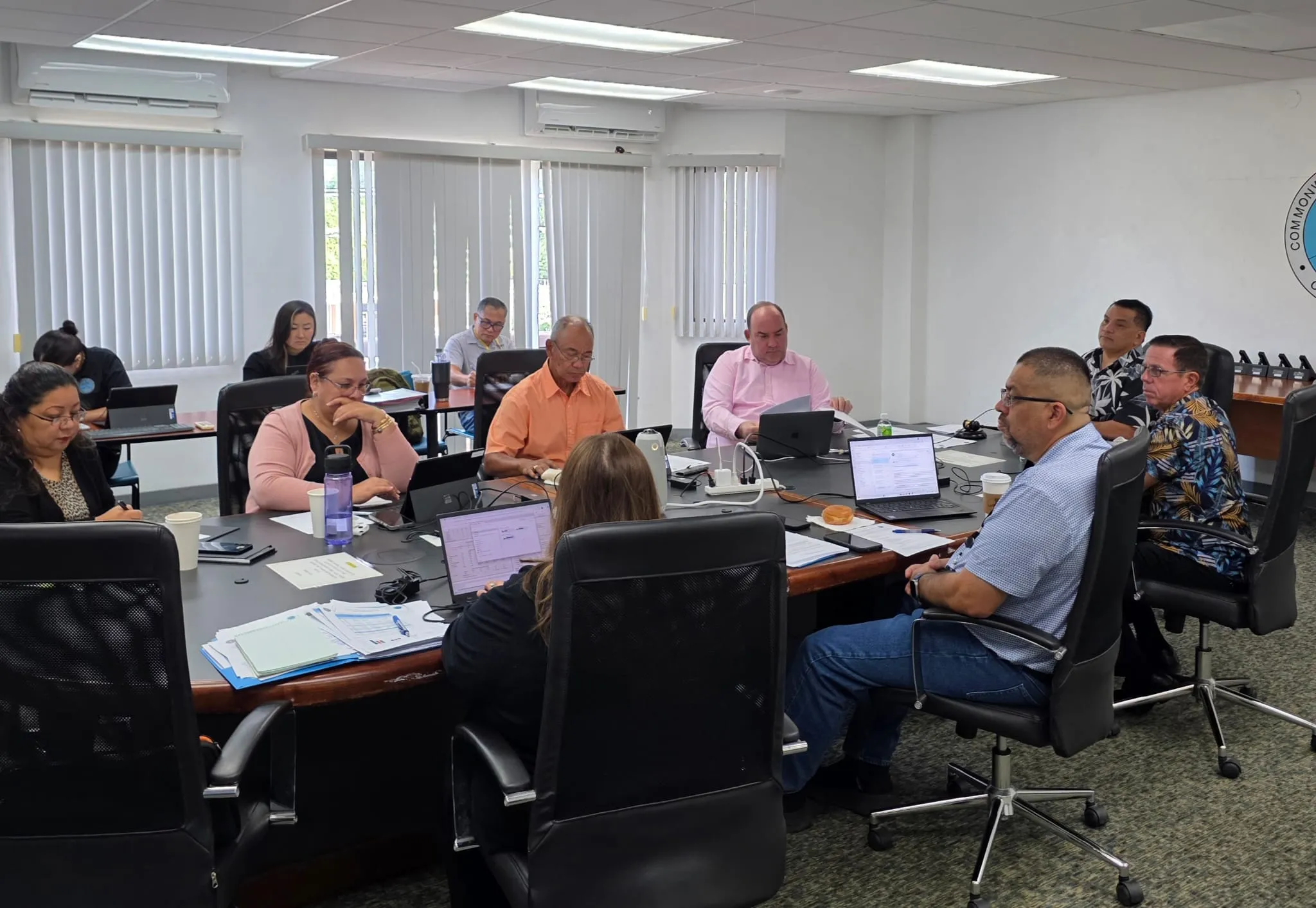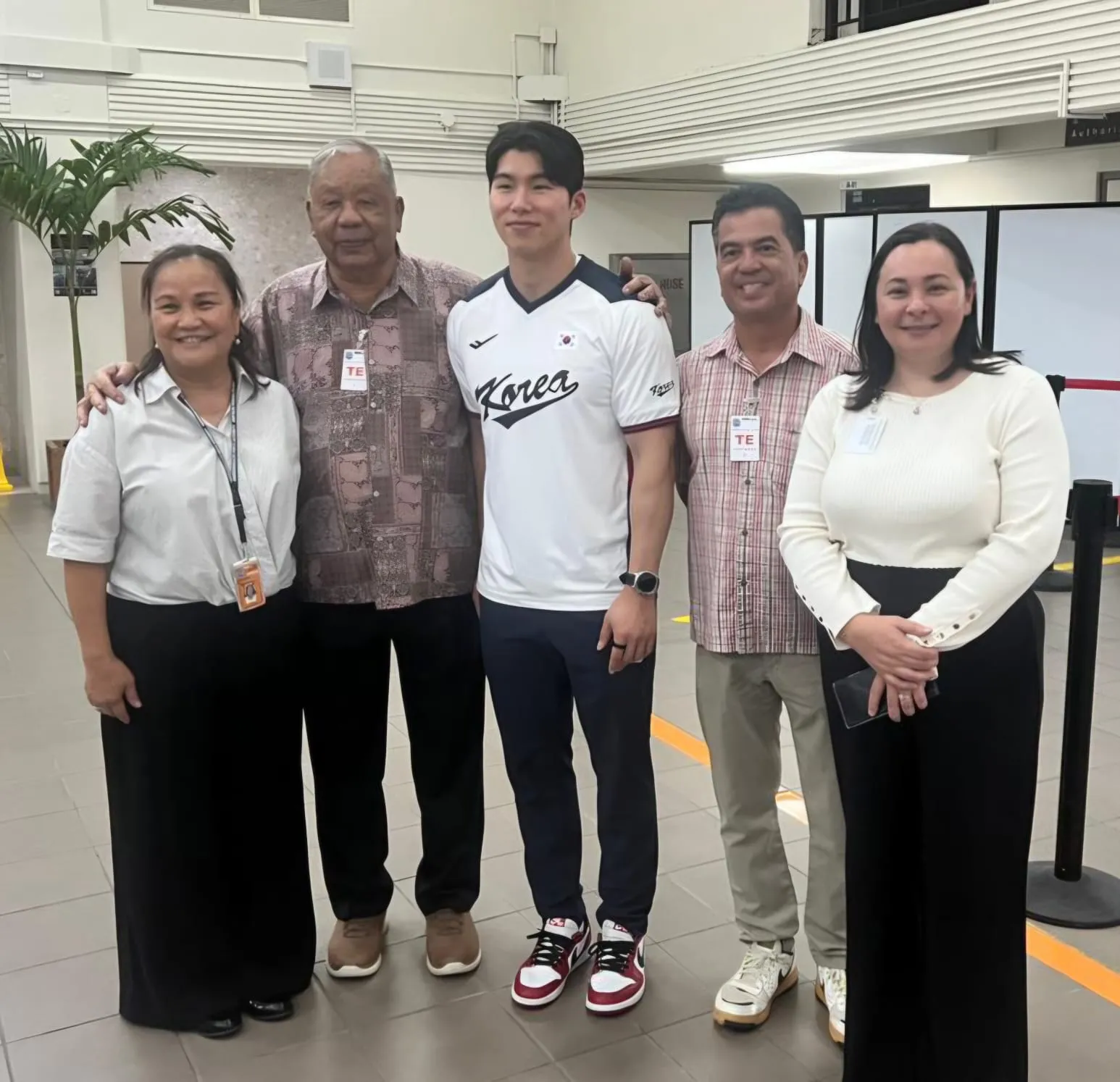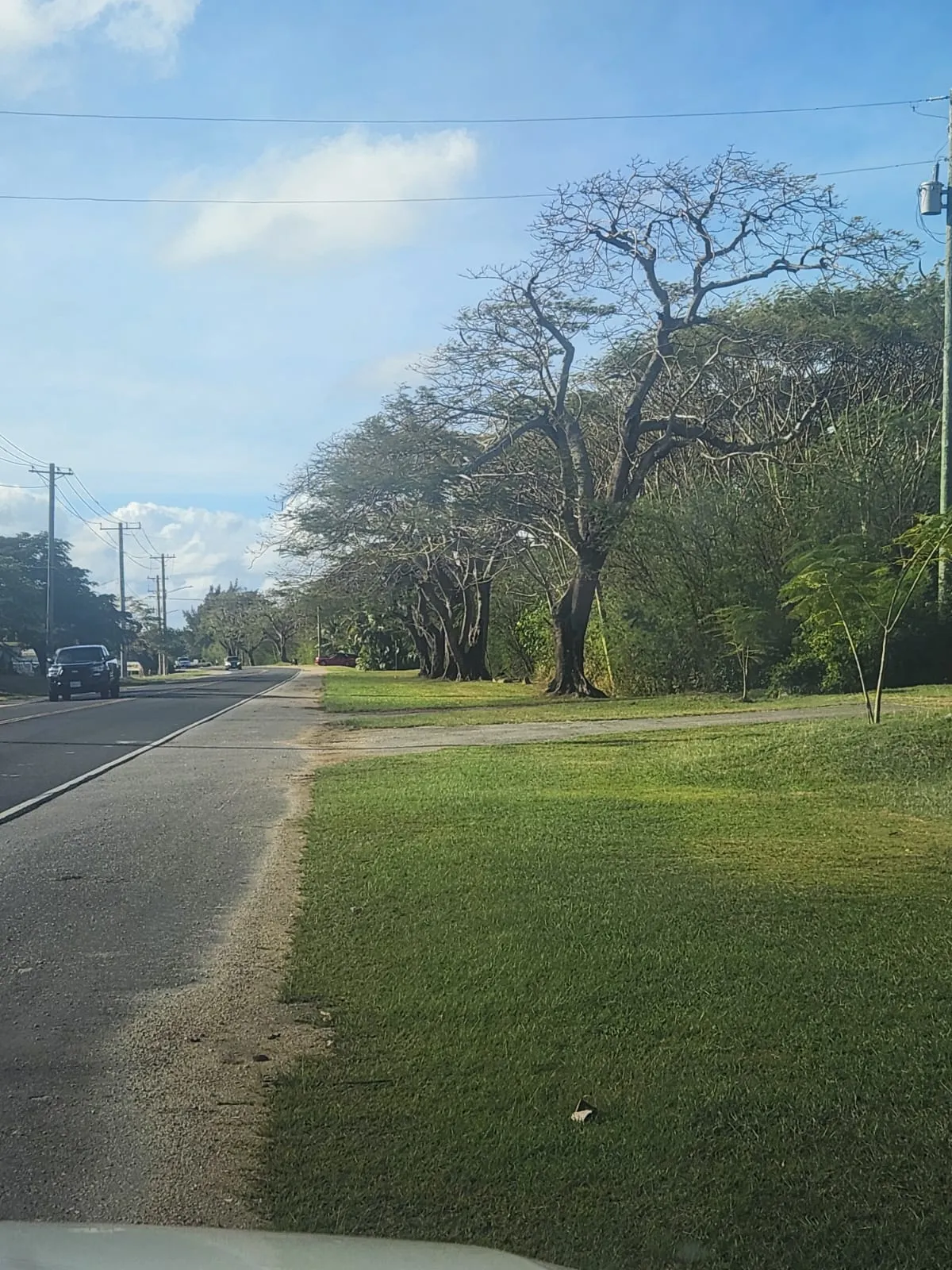IN the CNMI, our rights to land help protect and preserve our cultural identity. Our American system of laws gives rights to land ownership across the country, but in the CNMI, indigenous traditions and customs are also enshrined in law. These traditions are reflected in our constitution, covenant, and local laws. CNMI Probate law purposefully incorporated Chamorro and Refaluwasch culture and customs. Public Law 3-106 Section 4 states that a purpose of this law is to “realize the compelling interest of the Northern Mariana Islands in preserving the historic traditions and culture of its citizens of Northern Marianas descent.”
Recently, the CNMI Supreme Court elected to depart from these culturally established and legally recognized customs. In a June 28, 2024 decision, they chose to observe Western principles of law and inheritance, rather than the well-recognized traditions of the native peoples.
In the case of the Estate of Rita Rogolifoi v. the Estate of Silvestre Rogolifoi, the land in question was owned by their father, Pedro Rogolifoi. Rita, and then her oldest daughter, claimed the land. This is fitting, as in Refaluwasch custom and culture, the eldest woman of the family will hold the land in trust for the entire family. It is unquestioned that she is the trusted custodian and administrator of the entire family estate. It is not assumed, presumed, or inferred in any way that she is the sole owner of the property. In 1944, a document written in English and purportedly signed with Rita’s thumbprint, was filed, stating that Rita inherited the three lots from her father, Pedro in 1886, but does not have title papers for the land. In 1953, a Title Determination decision was issued with an undated statement by Dolores Saralu, Rita’s eldest daughter and TRUSTEE. The Title Determination stated that due notice was given, however, there is no record of the form or manner of how the notice was made. According to the court’s reasoning, anyone else who had a claim should have said something at that time. No one but Rita’s daughter did because she represented the entire family’s interest in the property. Now, the CNMI Supreme Court has decided that only Rita’s daughter and her heirs have ownership of the property because no one else spoke up. Any other member of the family and descendant of Pedro had no rights to the property whatsoever. This decision was based on the Western premise that the heirs and family of Silvestre Rogolifoi had been given their chance to file a claim within the 20-year statute of limitations through this notice. However, is it right to assume that in 1953, Refaluwasch would have had adequate and appropriate Western education and knowledge, and a fluency of English to understand that a posted notice equates to their potential loss of rights to family property? Should native peoples be forced to follow unknown and unrecognized policies?
Where is the justification of making a determination by solely focusing on the Western concept of this statute of limitations? In the Refaluwasch custom, this notion of a statute of limitations does not exist. If we are to acknowledge the application of a statute of limitations in a Refaluwasch land ownership dispute, how do you justify the English language notice to suffice when it is so extremely unlikely that the children of Silvestre Rogolifoi were literate in the English language in 1953? AND, why, considering that it would be completely opposite of their customs and knowledge, would the children of Silvestre Rogolifoi question their aunt and her oldest daughter regarding the stewardship of the family lands?
CNMI P.L. 3-106, Chapter IX, Section 2 & 3 addresses Chamorro Custom also referred to as “Ancestors’ Land” and Sections 4 through 11 address Carolinian Customs, also referred to as “Family Land”. These sections enumerate in detail how both Chamorro and Refaluwasch culture and customs are to be applied when determining land ownership.
By ignoring traditional customs and the legal directive regulated in P.L. 3-106, the CNMI Supreme Court has set a dangerous precedent that does not uphold our traditions, customs, and culture. This will affect not only CNMI native peoples now, but all their decendants. This decision aids in the Western washing of our society and the eventual loss of our identity.
Although we have no choice but to adapt to Western society and fast-paced globalization; our cultures can in fact be incorporated, observed, perpetuated and, most importantly, respected. Our traditional customs of land ownership and custodianship are as important as language in preserving our culture and identity. The CNMI is in a unique and distinct position having the ability to craft our laws to protect our cultures and our future within a Westernized world. We can evolve without assimilating. But we can only do this if we stand up to Western entitlement and privilege.
We must always remember we are Refaluwasch and Chamorro and never allow that to be taken from us.
MELIA KI’ILANI K. JOHNSON
Great, great granddaughter of Pedro Rogolifoi
Daughter of Maria Consolacion Rogolifoi Deleon Guerrero
Forever Refaluwasch & Chamorro










